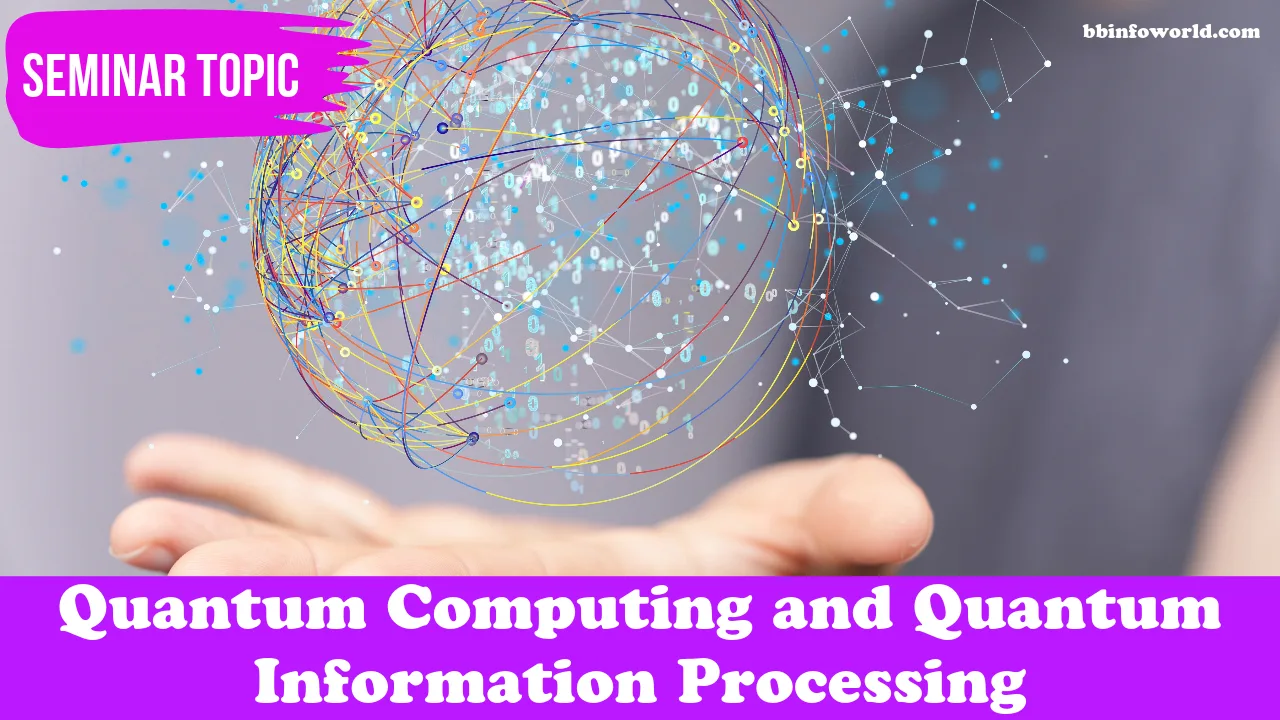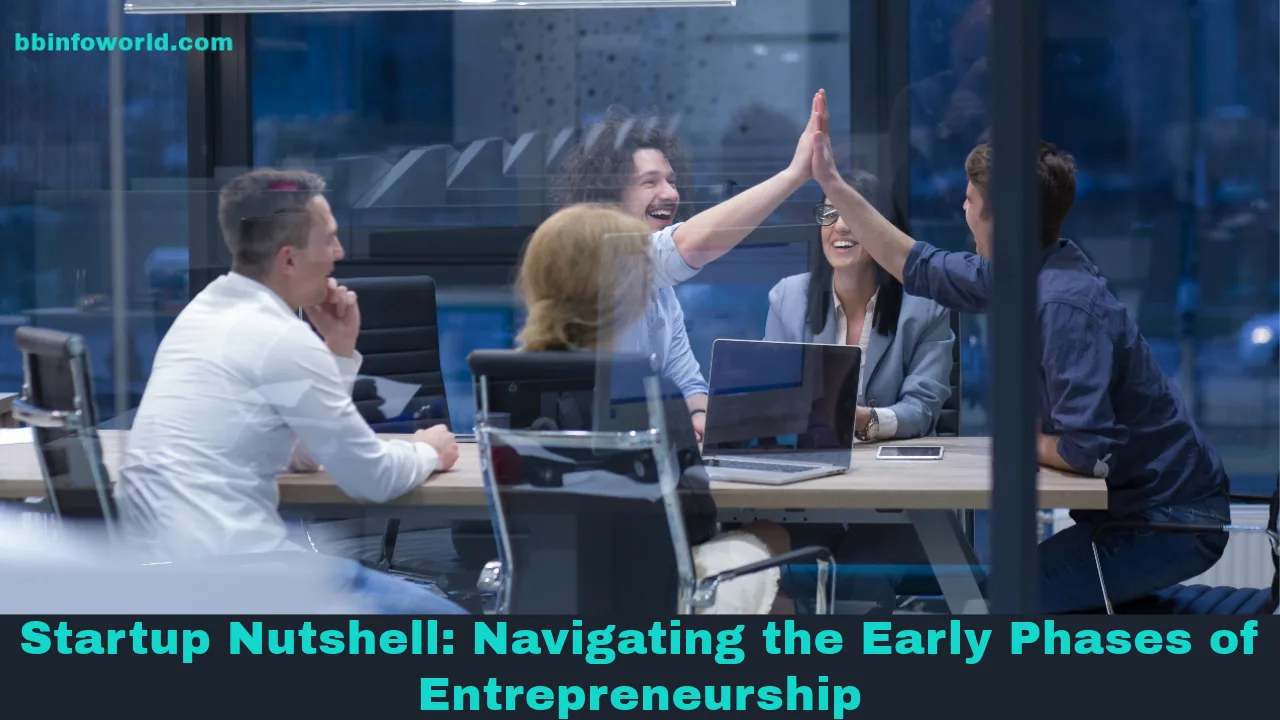
Quantum Computing and Quantum Information Processing
Dive into the field of quantum computing, where qubits and quantum gates enable exponential speedup in solving complex problems, cryptography, and optimization tasks.
Quantum Computing and Quantum Information Processing:
Quantum computing is a revolutionary paradigm that leverages the principles of quantum mechanics to perform computations that would be practically impossible for classical computers to solve in a reasonable amount of time. This seminar aims to provide a comprehensive understanding of quantum computing, including its foundational concepts, the role of qubits and quantum gates, and its applications in solving complex problems, cryptography, and optimization tasks.
Foundational Concepts:
- Quantum Bits (Qubits): Qubits are the fundamental building blocks of quantum computing. Unlike classical bits that can be 0 or 1, qubits can exist in a superposition of both states simultaneously due to quantum mechanics.
- Quantum Entanglement: This phenomenon allows qubits to be correlated in ways that classical bits cannot. When qubits are entangled, the state of one qubit instantly influences the state of another, regardless of the distance between them.
- Quantum Superposition: Qubits can exist in multiple states at once due to superposition. This enables quantum computers to process a vast amount of information in parallel, leading to their potential for exponential speedup.
Quantum Gates and Quantum Circuits:
- Quantum Gates: Similar to classical logic gates, quantum gates manipulate qubits’ states. Notable quantum gates include the Hadamard gate (creating superpositions), Pauli-X, Pauli-Y, and Pauli-Z gates (manipulating states), and the CNOT gate (entangling qubits).
- Quantum Circuits: Quantum algorithms are designed using quantum circuits composed of quantum gates. These circuits manipulate qubits to perform computations, encode information, and solve specific problems.
Applications:
- Quantum Simulations: Quantum computers can simulate complex quantum systems, such as molecular interactions, which are challenging for classical computers. This has implications for drug discovery, material science, and understanding fundamental physics.
- Cryptography and Security: Quantum computers can break classical cryptographic systems due to their speedup in factoring large numbers. Quantum cryptography offers secure methods for key distribution and communication.
- Optimization Problems: Quantum computing can tackle optimization problems, like the Traveling Salesman Problem, in a fraction of the time it would take classical computers. This has implications for logistics, supply chain management, and resource allocation.
Challenges:
- Decoherence: Qubits are delicate and susceptible to environmental noise, which can cause errors in computations. Ensuring qubit stability and mitigating decoherence is a major challenge.
- Error Correction: Developing quantum error correction codes is crucial to maintain the integrity of computations. Error correction introduces redundancy to correct errors caused by decoherence.
- Scalability: Building large-scale, fault-tolerant quantum computers is a significant engineering challenge. Researchers are exploring various physical platforms, including superconducting qubits, trapped ions, and topological qubits.
Practical Applications:
The seminar may include interactive discussions on quantum algorithms, hands-on simulations of quantum gates and circuits, and exploring real-world examples of quantum computing’s potential applications.
Benefits:
Understanding quantum computing’s potential empowers participants to explore innovative solutions for complex problems, revolutionize cryptography and security, and optimize resource-intensive tasks.
Conclusion:
Quantum computing is poised to reshape computing and problem-solving paradigms. By delving into the principles of qubits, quantum gates, and their applications in solving complex problems, cryptography, and optimization tasks, participants can grasp the transformative potential of quantum information processing.



